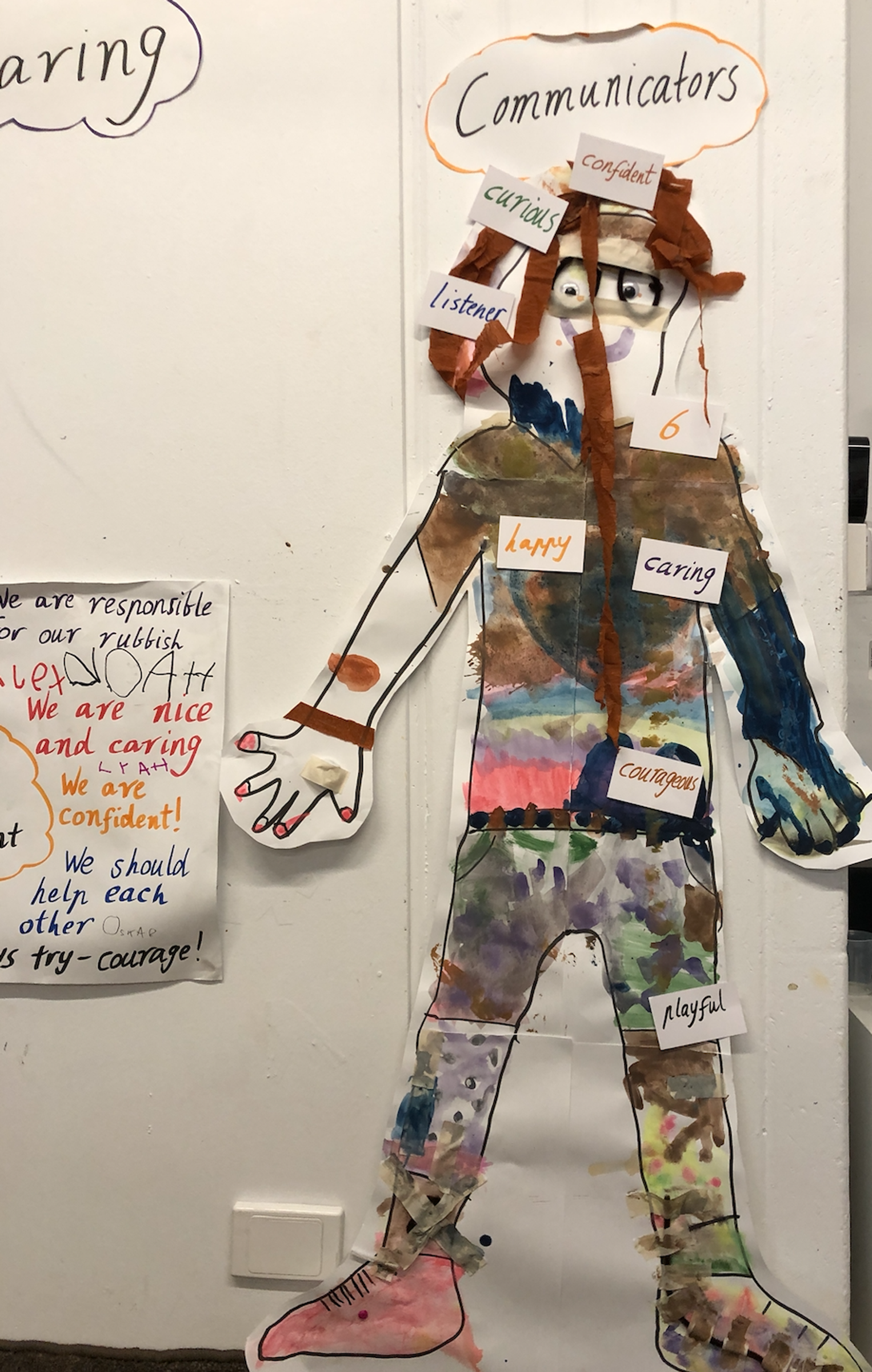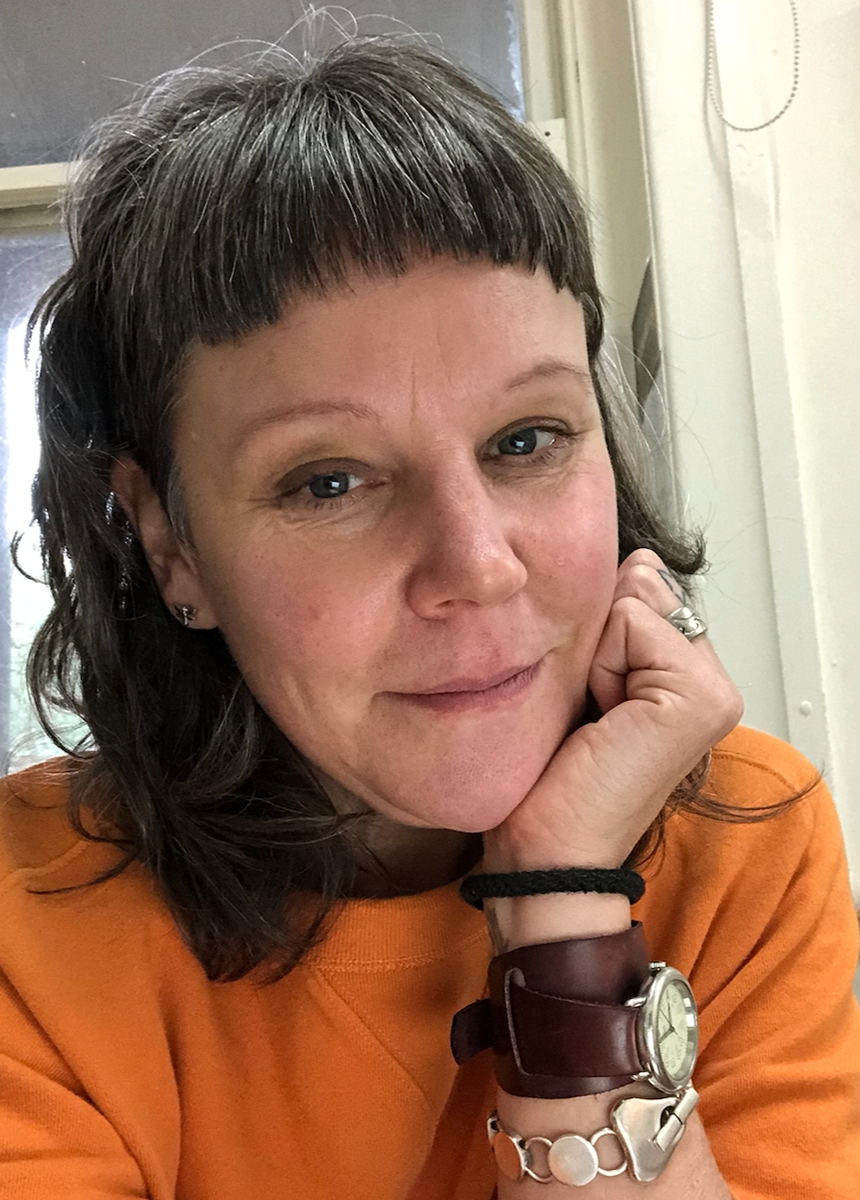Primary Years Programme
Programme of Inquiry

Primary Years Programme
Programme of Inquiry
Preshil is proudly an International Baccalaureate Continuum school, offering all three programs; The Diploma, the Middle Years and the Primary Years Programme (PYP). The PYP is not a curriculum, it is a way of framing a curriculum, and bringing together the various disciplines, maths, science, history etc., within Units of Inquiry. At Arlington, we follow the Victorian Curriculum, and make use of the PYP framework to explore ways to teach this curriculum through Transdisciplinary Units of Inquiry. The PYP describes 6 broad themes for these units, and while these themes offer enormous scope, the backbone of these units could really be considered to be the concepts; the lenses through which we view each theme.
Conceptually strong units allow for a deep exploration of big ideas while acknowledging that the knowledge and facts that help us to do this might be broad. A wonderful example of this was the recent Unit of Inquiry explored by the Peppercorns. The Unit of Inquiry was under the theme How the World Works, and they were considering the concepts of form, causation and change through the umbrella concept of evolution. Before you jump to thinking about our friend Darwin (topic), consider that evolution is taking place all around us (concept). The children inquired into the evolution of: the computer, changing rules in sport and in games, and animal adaptation. While in Art, the children were exploring the evolution of their own artwork from conception through to product. What knowledge the children could have explored was infinite, and that they made choices based on their interests ensured a high level of engagement. What they all arrived at was a deep appreciation of the concept of evolution, and the many ways this can be considered.
What is wonderful about the PYP is that it recognises that children and teachers are inherently creative beings. They are designers, thinkers, communicators, strategists, and collaborators as they build these units together. Added to these traits, teachers at Arlington are above all else responsive. They are responding, within these unit designs, to the children they are working and learning with.
When we were undergoing the rigorous process of Verification with the International Baccalaureate Organisation, we argued that our Programme of Inquiry should be responsive. It should be open to reinterpretation and invention year on year, and that central to this freedom was our responsibility to the children we taught. We argued that what might be an engaging and challenging Unit for one cohort of children might elicit eye-rolls and yawns from another. This was accepted. So our “Mud Map” was born. Each year we describe, ahead of time, each of the Units we will cover, the way we might explore it, and the amount of time each unit might take. We use a range of audit tools to ensure that units are not repeated, and that we and our children are experiencing a conceptually rich education. Our Programme of Inquiry must ensure that our responsibilities to the PYP framework are achieved while also staying true to the idea of freedom of expression for our cohorts of children.
What I truly love about the PYP at Arlington is that it mirrors our deeply held belief that freedom with responsibility are essential elements in a Preshil education. They are in perpetual tension for our children as they weigh up their choices and their obligations each day at school, and in perpetual tension too for our teachers as they weigh up their creativity and the constraints of the curriculum within the Units of Inquiry.
“...at Preshil, we are, one and all, learning and living together – teachers, children and parents.”
Margaret E Lyttle from the Courage Document


Cressida Batterham-Wilson
Primary Years Programme Coordinator
Head of Arlington Campus